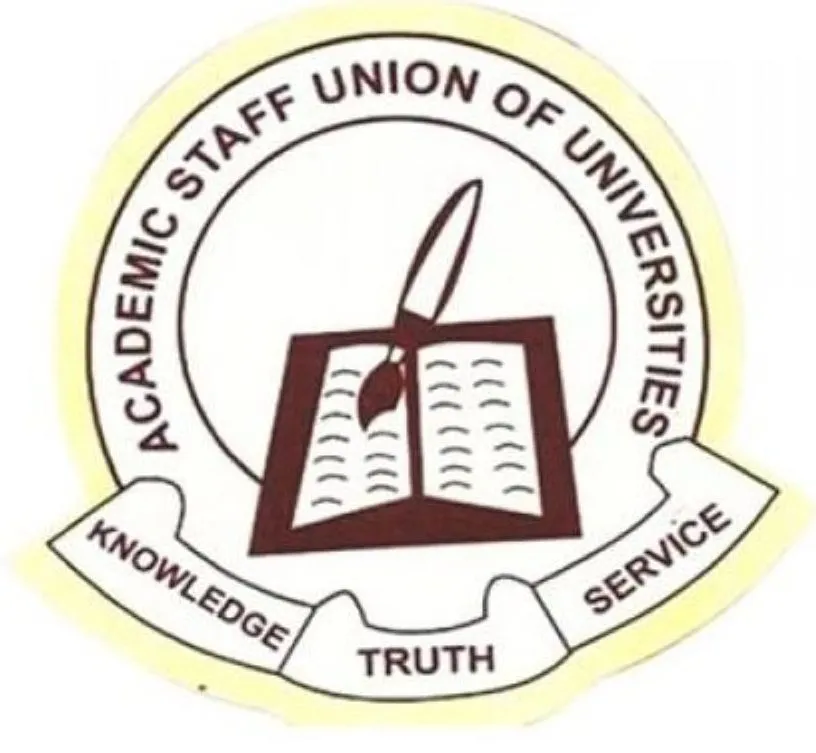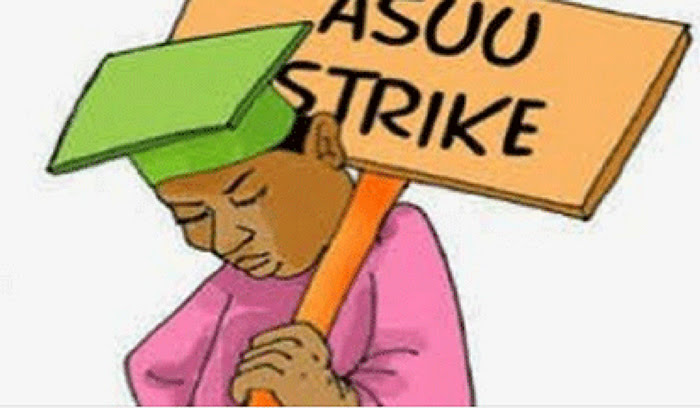The Federal Government and university employees, particularly those who are a part of the Academic Staff Union of Universities (ASUU), have been at odds over the implementation of the Integrated Personnel and Payroll Information System (IPPIS) as the payment software in the university sector.
ASUU has maintained that the way it is set up does not account for the unique features of the university system, particularly the role of adjunct or visiting instructors.
One who works full-time at one university and part-time at another is known as an adjunct lecturer. They are frequently hired to assist in establishing or bolstering a brand-new department or program.
People outside of the university system perceive ASUU’s stance as an effort to defend its members who have several sources of income.
However, Prof. Idowu Olayinka, a former vice-chancellor of the University of Ibadan, supported the union’s position in a written statement.
Read Also: LAUTECH graduate returns certificate, asks for refund of all his school fees
His piece is called: Attempt to criminalize adjunct lectureship in Nigerian universities, he noted that sometimes people speak out of ignorance.
“People speak at times either out of ignorance or mischief and there is often the temptation to over-generalize. I am amused when I read some comments which suggest an attempt to criminalize the matter of Adjunct or Visiting Lectureship in our universities. A fundamental question to ask is: how many academics are engaged in this.
“The truth is that when an academic department is first established, it is not likely to have the full compliments of academic staff. It is natural for such a new department to rely on outstanding scholars from sister universities for assistance. The department can then start to gradually build up her own crop of full-time faculty. Over time the need for Adjunct/Visiting Faculty would decrease gradually. Even at that, there may still be need to invite renowned scholars from other reputable sister institutions to spend some time as Visiting Scholars.
“For example, the New York University Abu Dhabi, United Arab Emirates has just appointed Nobel Laureate, Wole Soyinka, as Arts Professor of Theatre. The Laureate is expected to play a key role in building the university’s deep strength within the arts and its growth as a preeminent research and teaching university and a world-class leader in global higher education.
“I have a personal experience of assisting a sister federal university in the early 1990s. I was approached to serve as a Visiting Lecturer and I accepted the offer. I did that to the best of my ability for about three years. I used to drive my old Datsun Blue Bird saloon car although the roads were in a much better condition then.
“As we speak, that Department can boast of at least seven full professors most of whom I had the privilege to teach during the period under reference. They are happily now established academics in their own rights. Reality is that the department doesn’t need me as a Visiting Lecturer again.
“We can also learn from other jurisdictions. I pursued my MSc. Geophysics at the Royal School of Mines, Imperial College, London in the early 1980s soon after the completion of my BSc. from the highly regarded University of Ibadan. As of that time, the Geophysics programme at Imperial College was considered to be the largest of its type in Western Europe in terms of academic staffing and students’ enrolment. Yet, among the faculty that taught my class some highly specialized courses were about four drawn from some other University of London colleges and oil companies. That is the best of academic traditions.
“We do not have to throw the baby out with the bath water. This sad phase shall soon pass. In spite of our problems, we should not take the universe out of our universities.”


















